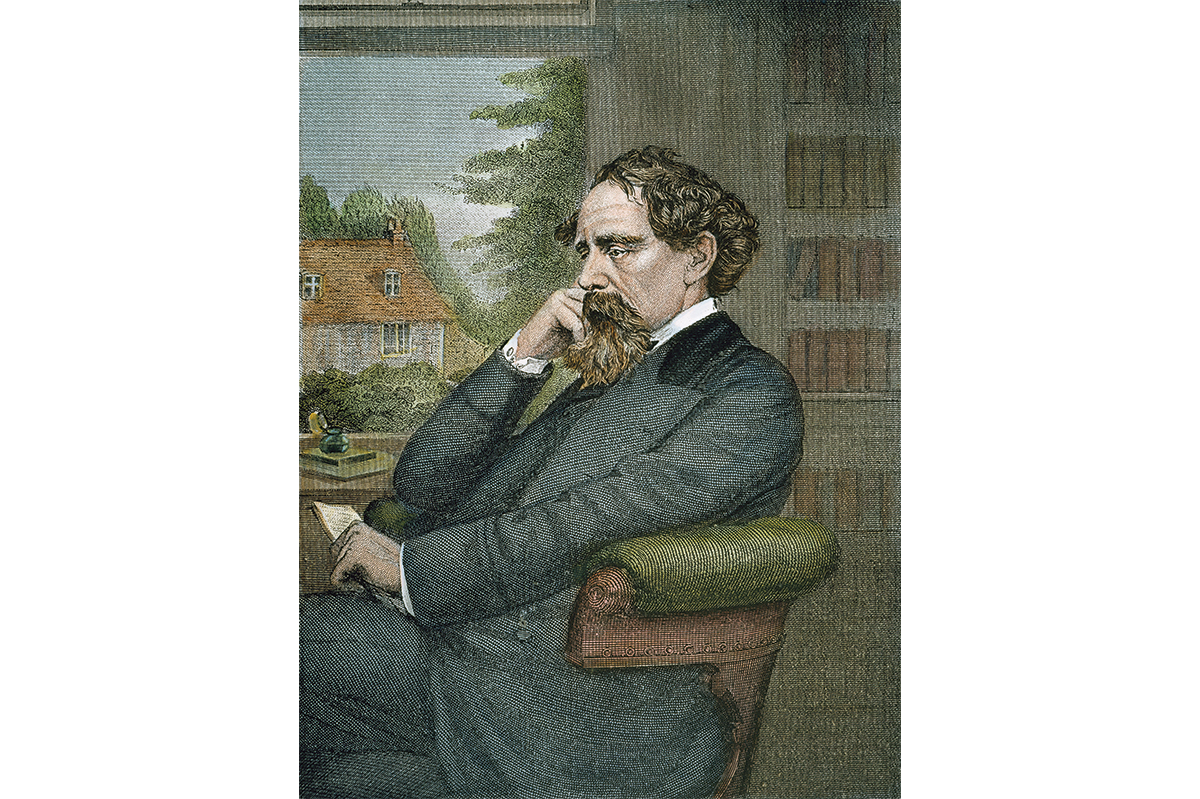An informal survey of friends, family, acquaintances and previous reviews suggests that the word most usually associated with Helen Oyeyemi’s fiction is “weird.” The author of eight novels has hardly shied away from unconventional storytelling, with books about everything from Brexit-through-biscuits (Gingerbread, 2019) to magical trains and a pet mongoose (Peaces, 2021). Her style is one of high and low: song lyrics jumbled up with references to medieval literature; nods to Shakespeare next to 1980s films. The result is either lauded — Oyeyemi was on the 2013 Granta list of best young novelists and her short story collection won a PEN award — or hated. In a Times Literary Supplement review, the novelist Claire Lowdon likened reading Peaces to “babysitting an over-indulged child.”
Oyeyemi seems gloriously unfazed by such reactions. Parasol Against the Axe opens with what appears to be a vignette from modern life: “I found myself a member of a WhatsApp group that seemed to have been set up as a safe space for sharing complaints about the capital city of Czechia.” But it quickly gets stranger. The narrator, who reads these complaints and writes an irate response, is Prague itself. In Oyeyemi’s world, the city is sentient — and mischievous. It is responsible for uniting lovers in surprise weddings (“Don’t worry about it. Just enjoy”) and tearing them apart; for harboring those on the run or for leading fugitives straight to the police.
In this tricksy capital, three friends come together for a hen weekend: an author, Hero Tojosoa; a hit woman, Dorothea Gilmartin (in an Oyeyemi-ish twist, she has borrowed Hero’s pen name); and a theater set designer, Sofie Cibulkova. But there are no boozy nights out and penis-shaped straws here. The women have previously been involved in a criminal trio, and the weekend is spent fending off all manner of threats — from violent attacks to unusually persistent delivery drivers. In the latter case, the subject of Hero’s book has killed himself and she can’t escape copies of his suicide note being handed to her by couriers.
Complete with a book-within-a-book whose plot changes every time it is read (from medieval BDSM threesomes to post-1989 retributions) and a cast of magical characters, it’s hard to say what Parasol Against the Axe is about. Prague is its backdrop, and its life force. It’s a story about tourism and globalism (“Czechs who speak a lot of English are not real Czechs” reads one sign); and about the indelible nature of past actions. It’s a story to rival the Surrealists at their most outlandish or Borges at his most labyrinthine; it’s Bulgakov’s The Master and Margarita for the modern age.
At one point, Oyeyemi seems to wink at her struggling reader. Merlin Mwenda, the one-eyed author of Paradoxical Undressing — the book with the continually changing narrative — addresses Hero about the mystery of his novel. “Pick ten people, tell each of ’em the same thing,” he says. Ask them to repeat it, and “it’s guaranteed you’ll hear ten things you never said.” People read the stories they want to read, he argues. It certainly makes a reviewer’s job difficult. My version of Parasol Against the Axe? A romp.
This article was originally published in The Spectator’s UK magazine. Subscribe to the World edition here.


























Leave a Reply